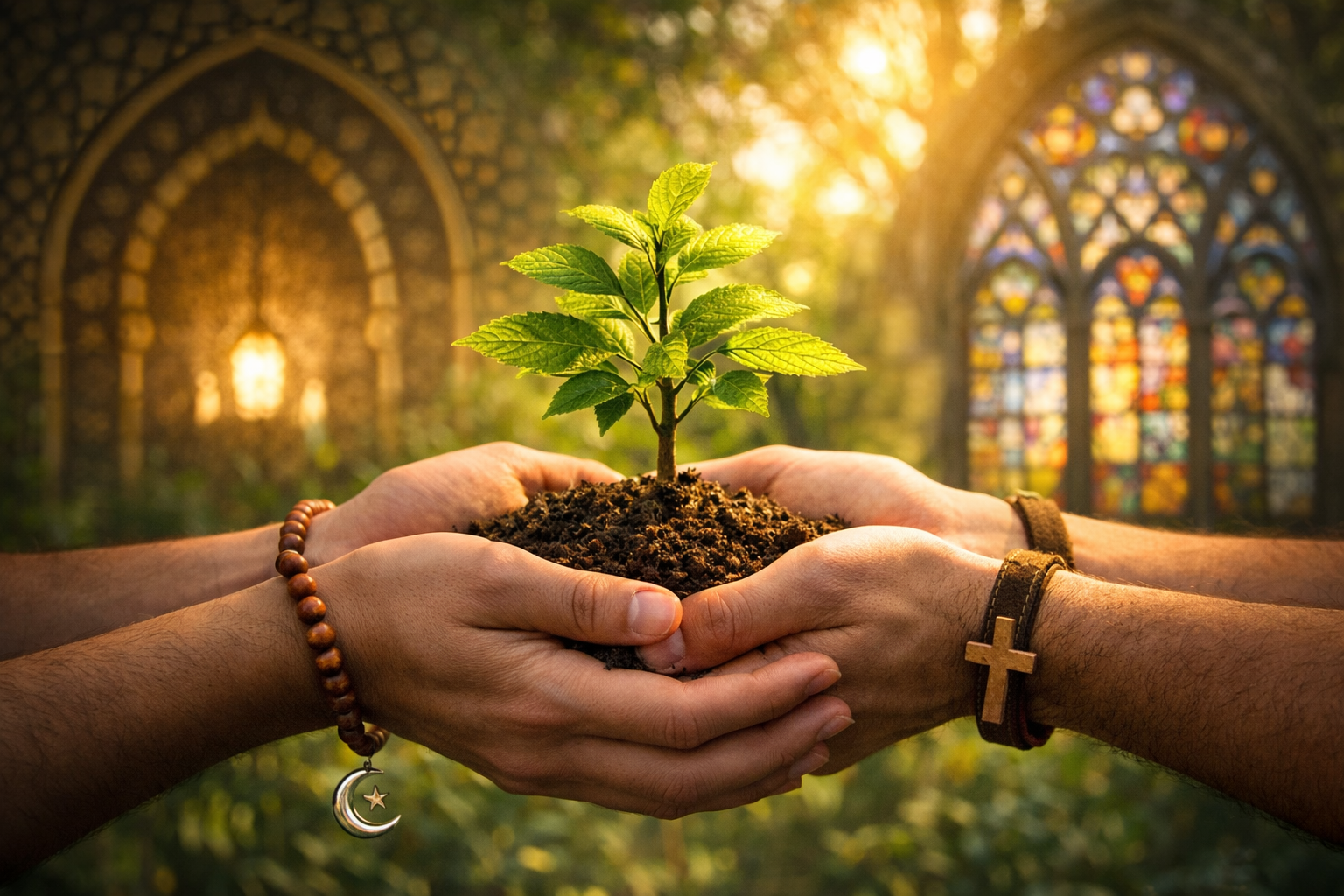
As reported on the front page of this issue, Muslims in India continue to face daily oppression. Be it lynching, rape, property destruction, or harassment, the international community has for years watched as Narendra Modi’s government’s incitement of hostility towards India’s 220-million Muslim minority played out.
The state-sanctioned marginalisation of Muslims has gradually gained traction over the years, reaching unprecedented heights of intensity that have human rights experts questioning whether a country once considered one of the oldest democracies can still be thought one.
Last month, a Hindu mob of over 45 was allowed to march to Anjuman Jama Masjid in Gurugram, Haryana, armed with sticks, guns, and other weapons. They set ablaze the mosque after brutally murdering its 19-year-old imam, who was stabbed 13 times and had his throat slit.
In a separate shocking incident, a railway security guard shot dead a senior colleague and three Muslim passengers onboard the Mumbai-Jaipur Superfast Express.
Furthermore, in Haryana’s Nuh district, a Muslim-majority area, six Muslims were killed and over 100 were injured. In the days following the clashes, the Hindutva mob carrying swords and lathis vandalised several Muslim-owned properties, including shops, businesses, and houses. Even the shanties lacking basic amenities, inhabited by Muslim migrants who worked odd jobs, were not spared.
Almost 750 structures have been demolished in four days, according to the Hindustan Times. Many of those whose homes were demolished claimed they were not given advance notice. Such destructions prompted the Punjab and Haryana High Court to ask if the drive was an “exercise in ethnic cleansing” by the state.
“Without any demolition orders and notices, the law-and-order problem is being used as a ruse to bring down buildings without following the procedure established by law,” said Justices Gurmeet Singh Sandhawalia and Harpreet Kaur Jeewan in a joint statement. FIFA World Cup INFO
Human Rights Watch’s 2023 World Report said: “The Bharatiya Janata Party (BJP)-led government continues its systematic discrimination and stigmatisation of religious and other minorities, particularly Muslims.”
State-sanctioned attacks on Muslims, Christians, and other minorities are not only ongoing but are becoming more frequent.
The atrocities committed would have elicited global condemnation, with our Prime Minister leading the charge, had they occurred in any of India’s neighbouring Muslim countries. However, because it is happening in India against Muslims, he is indifferent to the human rights abuses.
On the contrary, Rishi Sunak and his ministers are regularly visiting India, praising the country for upholding democracy and the rule of law. Last year, during the G20 summit, both Prime Minister Sunak and Prime Minister Modi “agreed that the UK and India’s shared values, not least our commitment to democracy, are a huge asset in international forums like the G20.” There is no criticism of the country’s human rights laws.
With no regard for international law, British government officials attended the G20 Tourism Committee summit in Indian occupied Kashmir, a summit boycotted by China, Turkey, Saudi Arabia, Egypt, and Indonesia in protest at using a disputed territory as a host location.
The Prime Minister has prioritised trade over human rights. And he believes Hindu Indian voters will vote for the Conservative Party in the next general elections. For example, he attended a Hindu religious event on India’s 77th Independence Day at Jesus College, Cambridge University, where he said he was “here today not as a prime minister but as a Hindu.”
His emphasis on faith and his relationship with India was important as he seeks to win over two million British Hindu Indian votes in the upcoming general election. Even though it was a personal visit, it has far-reaching political implications for India too, as his visit comes at a time when relations with India are strategically vital for the UK.
It would be unrealistic to suggest post-Brexit UK severe trade ties with one of its biggest and oldest trading partners in Asia; however, human rights concerns must be considered and broached during trade negotiations.
Modi’s contempt for law, both domestic and international, is bolstered by his confidence that the West is paralysed by the fear of alienating a key player in the economic and geopolitical conflict with China. The only way to send a message to India is to do to it what we do to any other country with a dismal human rights record, threaten it with sanctions.
READ MORE


